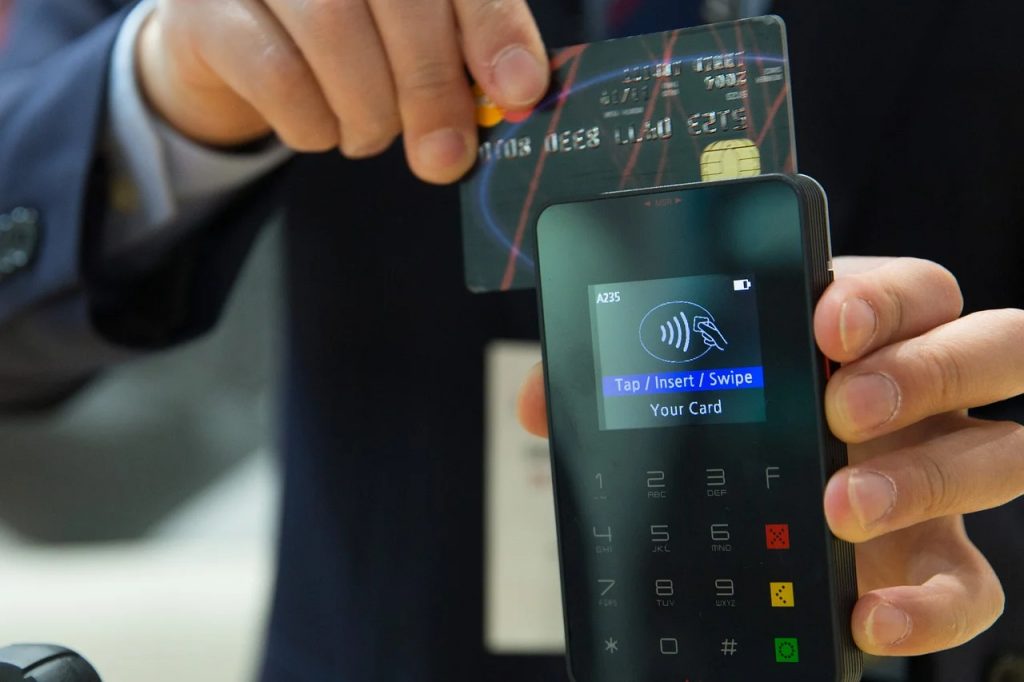Why Cases Of Credit Card Fraud Are Higher Than Ever
Credit card fraud has become a bigger problem than ever before.
This article is more than 2 years old

Even though the technology is getting better to catch credit card fraud, it is still an apparent problem in American society. It can cause plenty of stress for an individual attempting to replace their card after a hack. It also costs the cardholder, and the credit card companies, a significant amount of money to handle fraudulent charges. Credit card fraud is on the rise today, while more companies invest in better technology to curb this increase in dubious transactions.
American credit card companies invest billions of dollars annually in technology that’ll help stop credit card fraud. Since the pandemic’s beginning, there’s been a significant rise in this fraudulent behavior. In 2021, credit card fraud went up by 69%, which estimated $9 billion in overall charges. Over 13 million Americans were affected by these hackers, which was a devastating change from the year prior.
John Buzzard, a top analyst for Javelin Strategy & Research, regarded this uptick as directly supporting criminal groups in the country. He discussed how many nefarious actors involved in drug trafficking have transitioned to online sources of income. Organized groups raked in millions of dollars by extorting older folks and vulnerable Americans through elaborate telemarketing and computer scams. Alongside credit card fraud, consumer fraud is an easy, anonymous way to extract big bucks from unknowing recipients, which is why many criminal organizations have taken up this type of extortion. There’s also less risk involved in these actors getting caught or identified through the internet.
Many can thank the pandemic for this seamless transition from in-person organized crime to credit card fraud. While people were in lockdown, online fraud became the quickest and safest method to extract money from vulnerable folks. This was a significant factor for 2021’s unfathomable increase in credit card fraud because more people had to transition their nefarious practices to virtual ones during quarantine.
Buzzard stated that an increase in credit card fraud also coincided with people stealing personal information to take over someone’s online account. E-commerce sites experienced many hackers taking over existing accounts or making new ones, attempting to complete fraudulent purchases in disguise.
Unfortunately for many folks in America, particularly older folks, a switch to quarantine in early 2020 meant dealing with the internet and computers in a way they never had before. Folks spending more time online without this internet literacy were more susceptible to cyber scams. Alongside credit card fraud, an uptick in luring customers to give away valuable personal information occurred due to the ongoing pandemic. Deceitful emails, texts, and phone calls were utilized to entice vulnerable people to give up credit or social security information.
Paul Fabara, chief risk officer for Visa, said this acceleration in credit card fraud galvanized the company to invest in better technology. In the last five years, Visa has spent over $9 billion on cybersecurity measures, including $500 million in infrastructure to spot fraudulent behavior. Due to the credit card company’s lofty investment, Visa was able to stop billions of dollars in scams from occurring last year. The company also limited the number of illegitimate card declines for valued customers.



